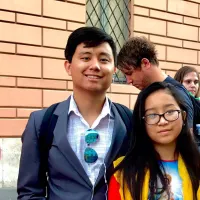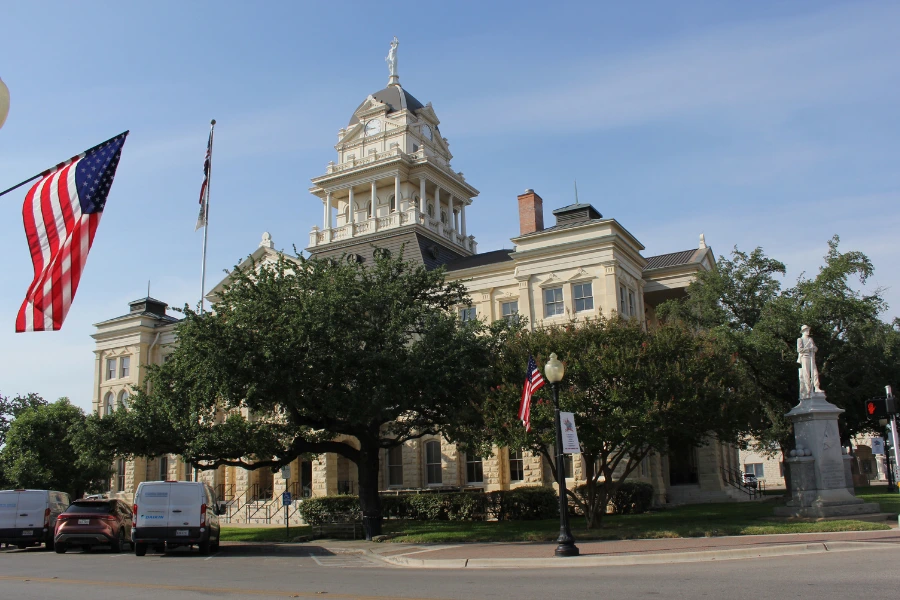Flutter, FanDuel’s parent company, views Texas as part of the “Big 3” alongside California and Florida, where legalization of sports betting is still pending. At an Investor Day presentation, Flutter CEO Peter Jackson expressed the importance of penetrating these states, noting Texas’s economic clout, which, at $2.4 trillion in 2022, ranks eighth in the world.
FanDuel’s ambitious strategy sees legalized sports betting in Texas as a pivotal step toward the company’s $70 billion market opportunity by 2030.
FanDuel’s Push for Legal Sports Betting in Texas
While over 30 states have already embraced legal sports betting since the Supreme Court’s 2018 ruling striking down PASPA, Texas has resisted such measures. Despite polls showing substantial public support for sports betting, political opposition, especially from Lt. Governor Dan Patrick, has stifled any momentum toward legalization.
Greg Abbott, the state’s governor, has shown more openness to the idea but remains cautious. FanDuel, however, remains optimistic, lobbying extensively and employing a multifaceted strategy that includes public affairs, coalition building, and emphasizing the potential community impactof sports betting tax revenues.
Jackson noted during his presentation that driving home the message of the economic and community benefits of legalized sports betting would be key in overcoming resistance in Texas. However, with some analysts predicting it could take until 2028 to see legalization in the state, FanDuel faces a long road ahead.
West Texas A&M’s Gambling Ban Reflects Different Priorities
While FanDuel TX is eager to enter the Texas market, the recent actions of West Texas A&M University (WTAMU) suggest that not all institutions in the state share the enthusiasm for gambling.
In a move aimed at protecting students from the potential harms of online betting, WTAMU has banned access to gambling sites across all campus resources, including WiFi and university-owned devices. This sweeping measure reflects growing concerns over the rise of online gambling among college students.
“College students at a particularly formative stage in their lives can develop habits and lifestyles that are akin to drug and substance abuse,”
said WTAMU President Walter Wendler. The university’s decision underscores its stance that gambling poses a significant threat to student well-being, with Wendler emphasizing the lack of evidence that gambling benefits academic achievement.
According to Wendler,
“There is not a single thread of evidence showing predatory gambling has a positive impact on academic excellence.”
WTAMU’s stance comes at a time when national studies highlight the vulnerability of young adults to gambling addiction. A survey from Fairleigh Dickinson University revealed that 10% of men aged 18-30 in the U.S. are problem gamblers, with online betting playing a significant role in those statistics.
Moreover, the National Council on Problem Gambling (NCPG) reported that three out of four college students had gambled within the past year, amplifying concerns over the potential for gambling-related financial issues, including debt accumulation through student loans and credit cards.
FanDuel’s push for legalized sports betting in Texas presents a stark contrast to the protective measures taken by institutions like WTAMU. While FanDuel promotes the economic benefits of sports betting and its potential to enhance the fan experience, WTAMU focuses on shielding students from the risks associated with gambling, particularly online betting.
This divergence reflects broader debates playing out across Texas, where the promise of economic gain from legalized sports betting clashes with concerns over addiction and its impact on vulnerable populations.




